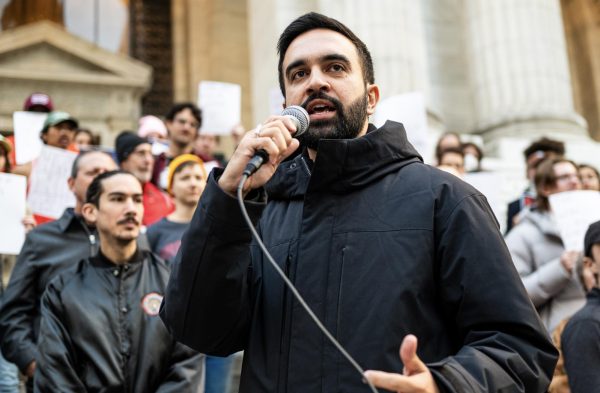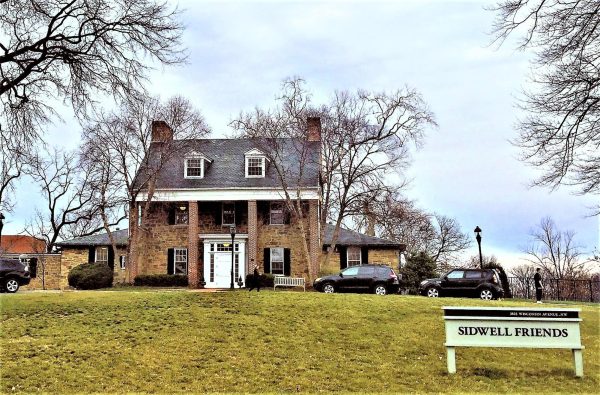Social Media Censorship Limits Free Speech, Damages Democracy
This simple question of who can speak on the stage has become a frequent modern query. However, this question has been asked for millennia, ultimately boiling down to who can voice their opinion and which opinions society values. In recent years, the advent of social media has democratized information. In the past, one would have to turn to news organizations to stay informed, but now, one can simply turn on their phone to access an infinite amount of information online. Though this democratization of information is sometimes a curse, it ultimately benefits not only the platform, but also society as a whole.
Increased calls for censorship, motivated by fears of misinformation, have threatened free speech on social media. Some, such as billionaire Elon Musk, are trying to stop movements for censorship in their tracks. In a statement announcing Musk’s deal to acquire Twitter, he stated, “Free speech is the bedrock of a functioning democracy, and Twitter is the digital town square where matters vital to the future of humanity are debated.”
Musk’s goal to bring free speech back to the platform is necessary for all social media companies. According to the Pew Research Center, 72% of adults were using social media in February 2021. This is an unprecedented number, denoting that, for the first time in history, a vast number of people have access to an open forum for debate.
Such a transformative innovation does not come without its faults. According to ProCon.org, 64% of people who use Twitter for news have “encountered something they later discovered wasn’t true,” and 16% of Twitter news users have “retweeted or posted a tweet they later discovered to be false.” These numbers are daunting. Although debate and discussion have been fostered on social media sites, they have also enabled the spread of lies and misinformation, which have had a negative impact on public perceptions of social media.
Nonetheless, free speech ultimately must be protected across social media sites. Although the price to pay for this freedom is stark, it is a price that society must be able to pay. Maintaining free speech is fundamentally beneficial to Twitter and similar platforms, as it allows them to act as forums for speech, debate and information.
As outlined in the Universal Declaration of Human Rights’s Article 19, “Everyone has the right to freedom of opinion and expression; this right includes freedom to hold opinions without interference and to seek, receive and impart information and ideas through any media and regardless of frontiers.” This belief in and notion of free speech recognized by all nations must be upheld and cherished as a crucial piece in the puzzle of social media.
A pillar of democracy is empowering individuals to voice their opinions and participate in politics, but also larger society. Free speech on social media sites allows for expression through a forum of opinions, ideas and information to be widely available to the world. Potential dangers of social media, such as misinformation and the spread of lies, are admittedly pervasive within the ecosystem of online media. However, this necessary evil does not justify the censorship of free speech.













































